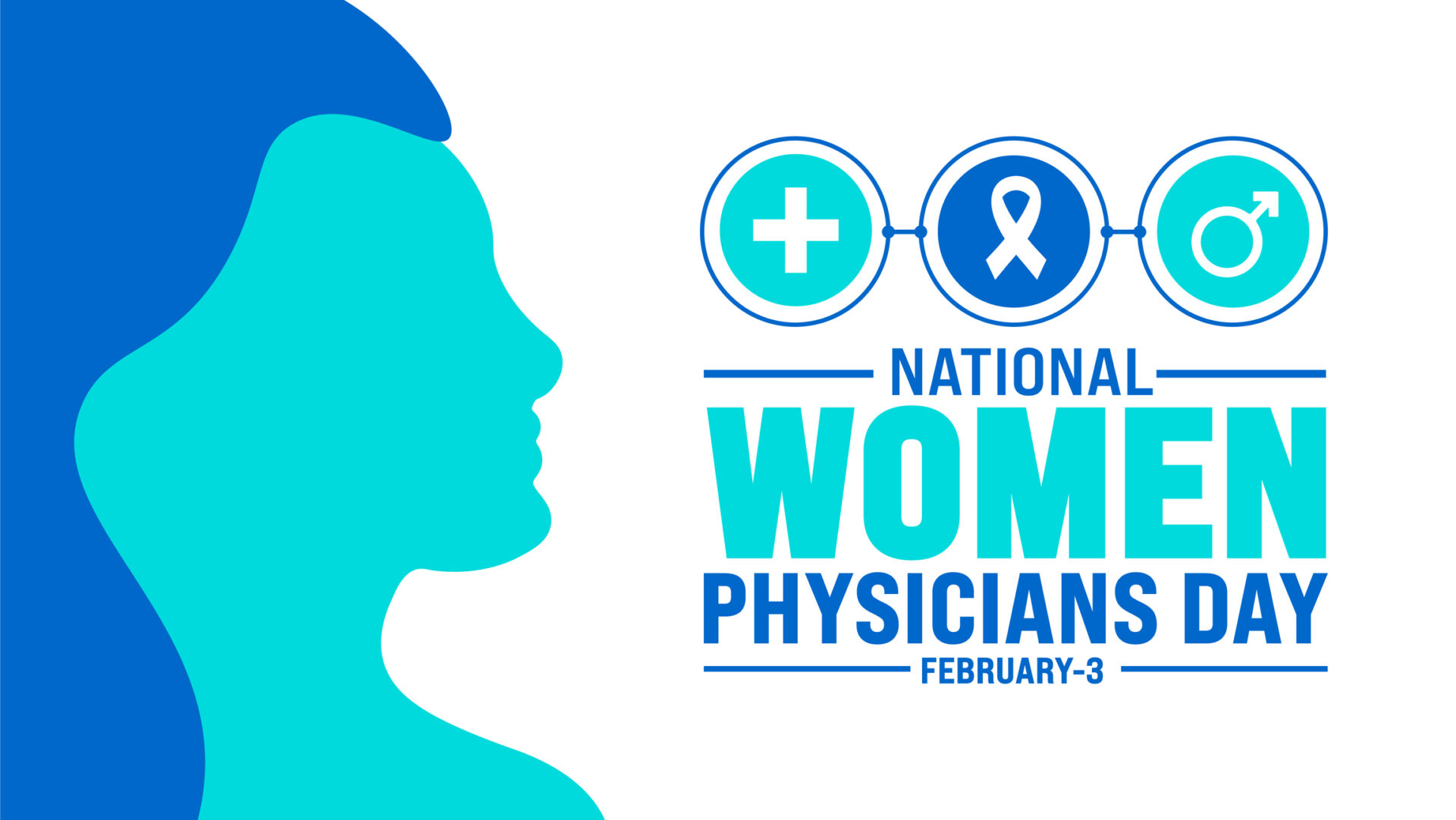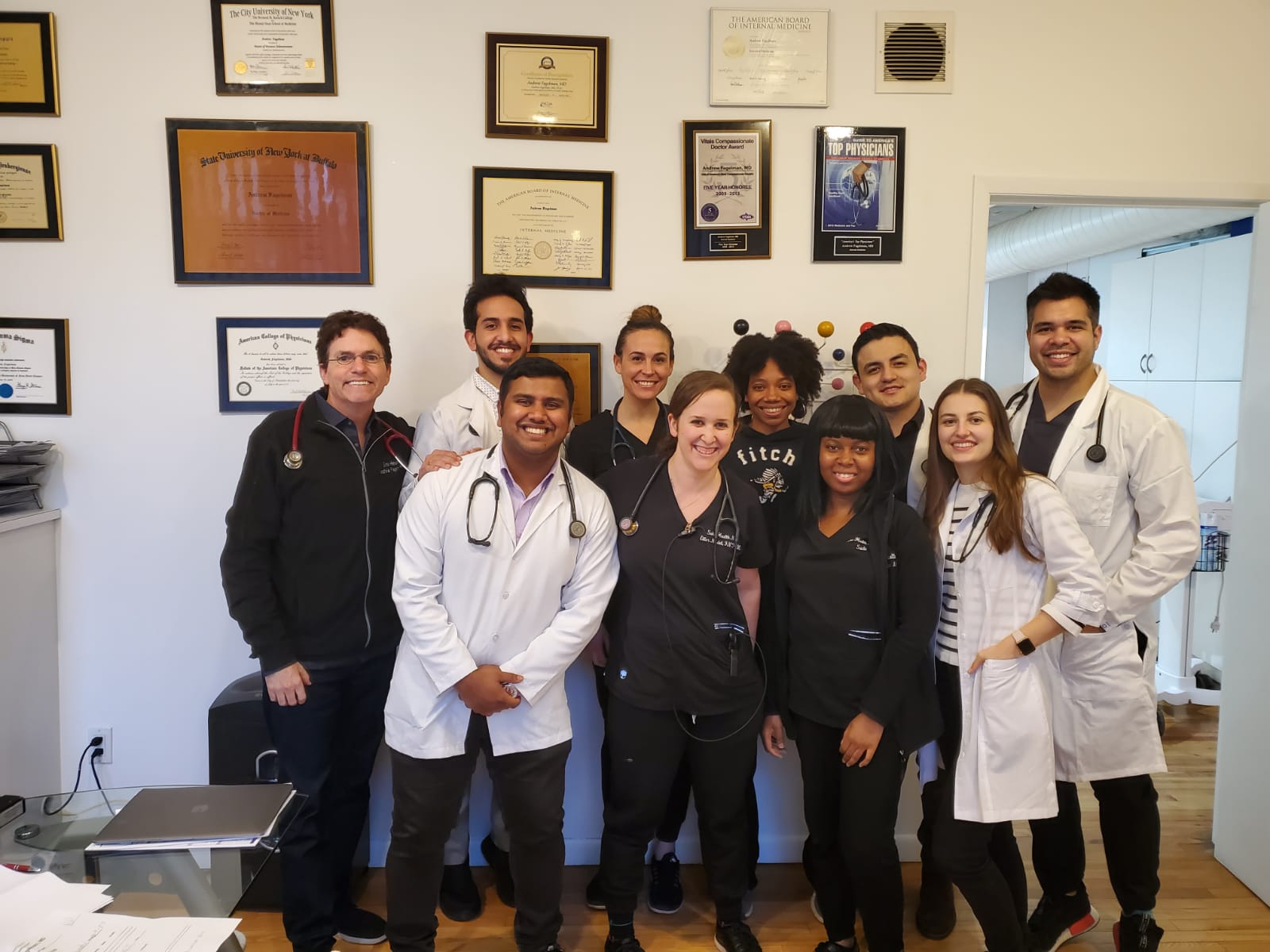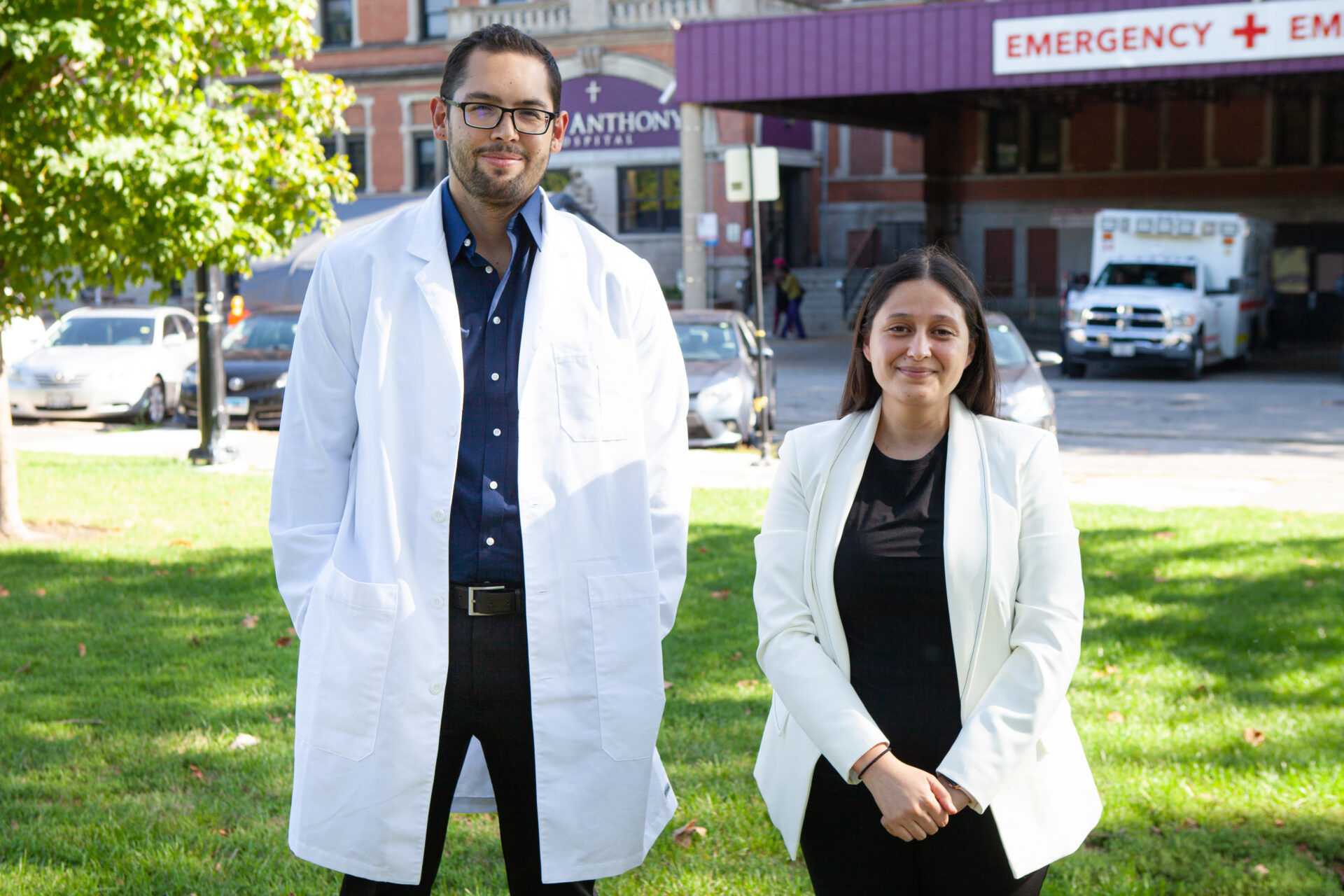Each year over 13,000 individuals are diagnosed with cervical cancer in U.S. The average woman diagnosed with cervical cancer lives five years after her date diagnosis date. 5,000 women die annually from this cancer.
An influx of screening and awareness on the importance of vaccination has lowered these numbers. So, to honor Cervical Cancer Awareness Month this January, we are sharing information on prevention in hopes lower the statics surrounding this cancer even further.
What is Cervical Cancer?
Cervical Cancer is most commonly caused by HPV, a sexually transmitted disease that affects the uterus. Cervical cancer can also be caused by exposure to diethylstilbestrol (DES) prior to birth. Prior to 1970, doctors gave expectant mothers DES to decrease the odds of miscarrying.
Cervical cancer starts in the cervix but can spread to other areas of the body if left untreated. Radiation, chemotherapy, surgery, and immunotherapy can prevent cancerous cells from spreading.
What Are the Common Symptoms?
Despite the warning signs, this cancer often goes unnoticed. Symptoms include odorous discharge and vaginal bleeding, commonly mistaken for yeast infections or a menstrual cycle.
How Can I Protect Myself?
-
Vaccinate
The HPV vaccine can protect individuals against contracting this disease. To help, doctors give the vaccine to adolescents in two or three doses. This vaccine can protect against other HPV-related cancers and genital warts. According to the CDC, eight out of 10 people contract some form of HPV in their life. Get a vaccine to avoid being part of the majority. For more information on the HPV vaccine, click here.
-
Screen
Attend doctor appointments. A pap-smear can be life-saving as it can monitor for precancerous cells. Consistent monitoring can lead to early treatment. This is essential to stop cancerous cells from growing. For more information on tests that screen for cervical cancer, check out the National Cancer Institute’s webpage.
-
Use Protection
Protect yourself, and your partner by practicing safe sex.
Do you want to help individuals diagnosed with this type of cancer? A clinical experience in obstetrics and gynecology could be a great start! Create an account with AMO online to explore options in this specialty.







Wonderful opportunities…